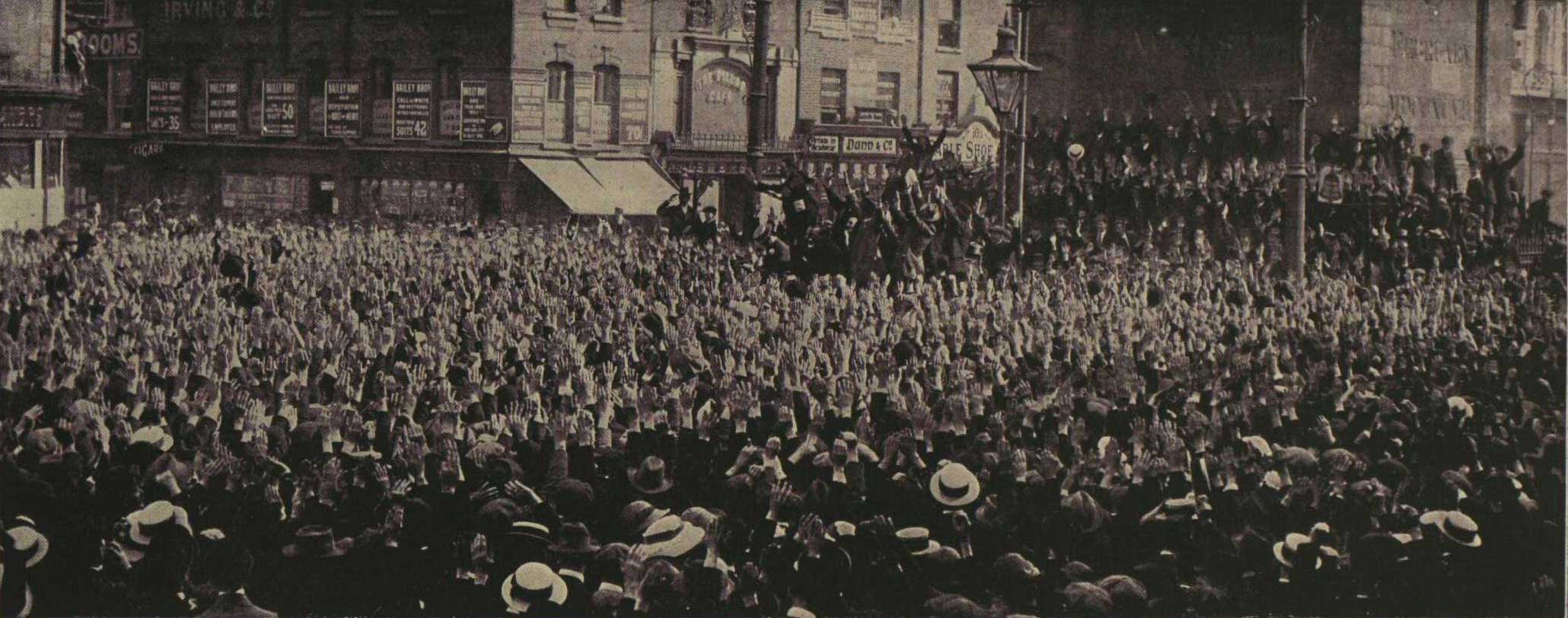With only Media Enhanced Learning and the Capstone project to complete, I have many course reference points to consider over the past several years. Any time I describe the program to colleagues, friends or family – I immediately share the diversity of course participants that I have encountered, from philosophy PHD’s to artisan skilled trades teachers, and people representing a spectrum of identities and experiences. How can a course with instructors coming from vastly different fields address the needs of each learner, and effectively offer a program? I wondered how the small groups would work with no common points of professional reference. In fact, the methodology of adult education has so consistently been applied, that the program is enriched by difference, rather than challenged by it. I have had my struggles, such as the ISO course, and paralytically scary short presentations to experienced post secondary instructors, followed by feedback sessions which caused self consciousness. The courses have often derailed “normal” life because of their intensity, and the difficulty approaching assignments that you find daunting (curriculum development, evaluation!) and I have yet to confront my biggest fear: high tech learning modalities in media enhanced learning. I entered the program with confidence in a few areas: a background in political studies and experience in the not for profit world of legal advocacy, and public health and safety programming. I had been teaching informally, but in structured classes for many years. The adult education theory (3100) was incredibly interesting and I was inspired by the readings and written assignments. My professional experience, in absence of the PIDP courses, had not however prepared me to offer the quality of course that I could provide now, nearing my program completion. The training and workshops I had offered in my professional life were focussed on content, but I did not understand the constructive use of evaluation, and I thought that the material was so weighty and important that consideration of student engagement techniques would not even be required (how could anyone not be interested in……….). My thinking has changed, and I now see that the best way to pay homage to a critically important subject area is through applying a theoretical foundation and closely attending to the practice and skills involved in the practice of adult education.
All for now,
![]()
This work is licensed under a Creative Commons Attribution -Non Comercial-No Derivatives 4.0 International License
